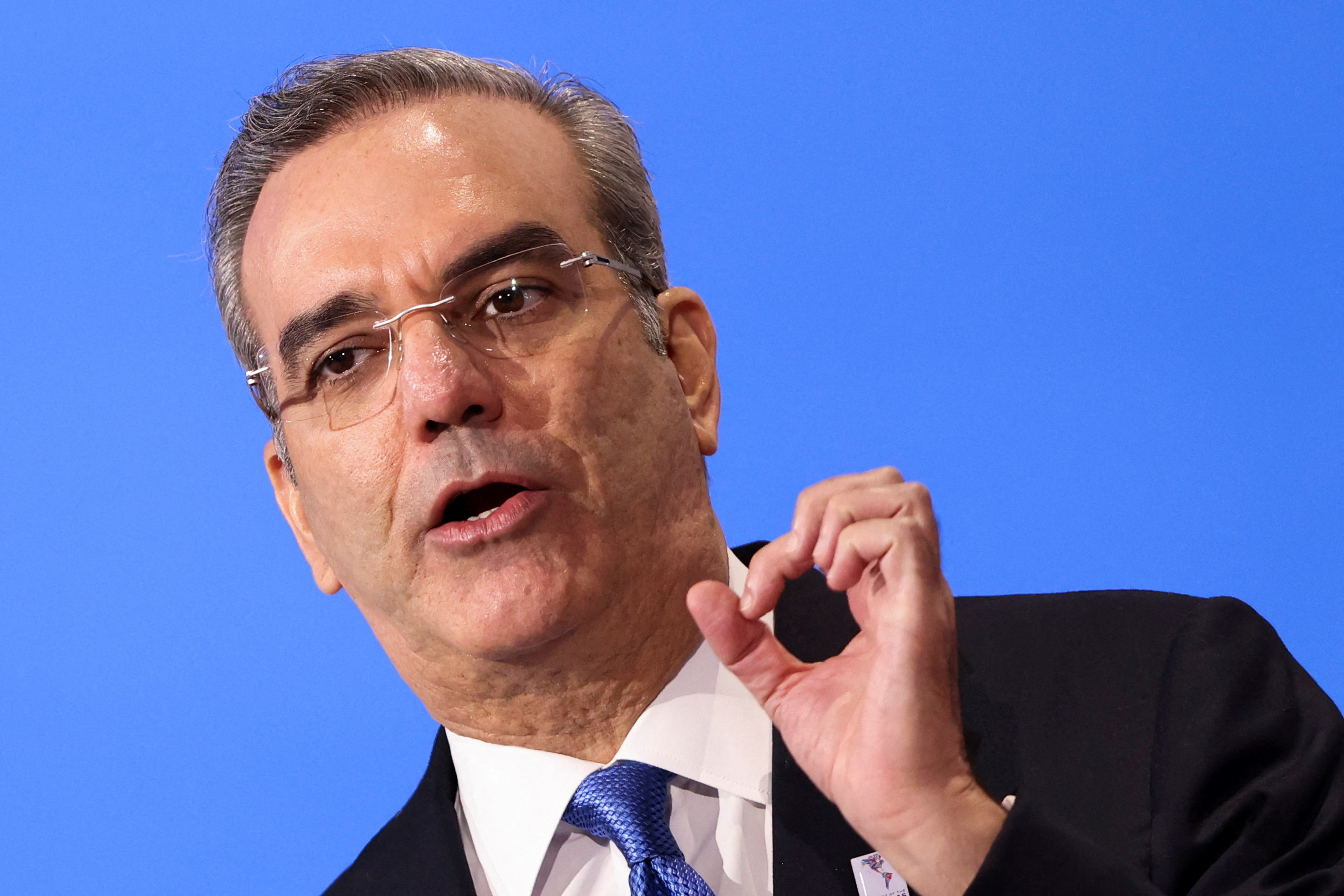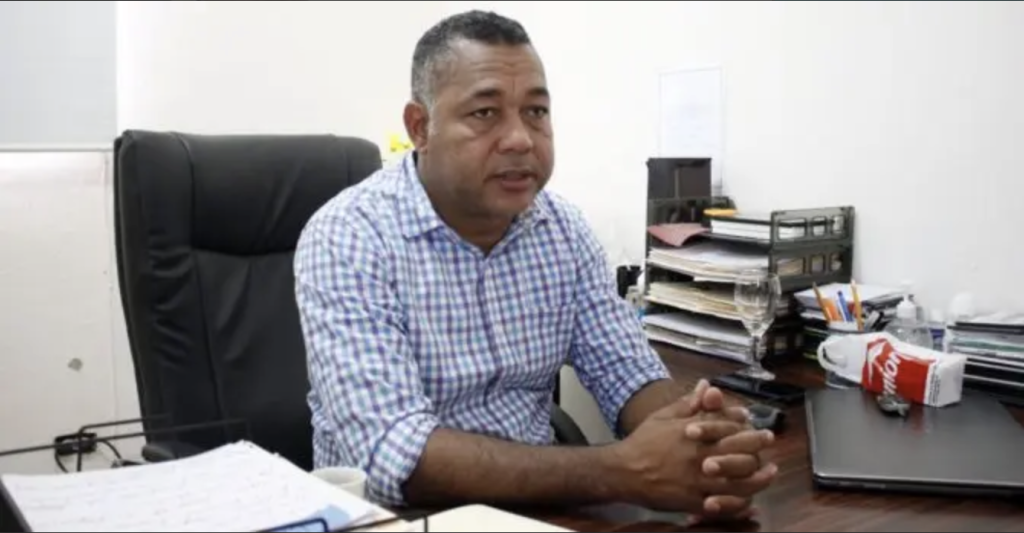Petr
Administrator
Trinidad and Tobago has had problems with illegal Venezuelan immigration - just recently they had a PR disaster when their coastguard shot a Venezuelan infant dead:
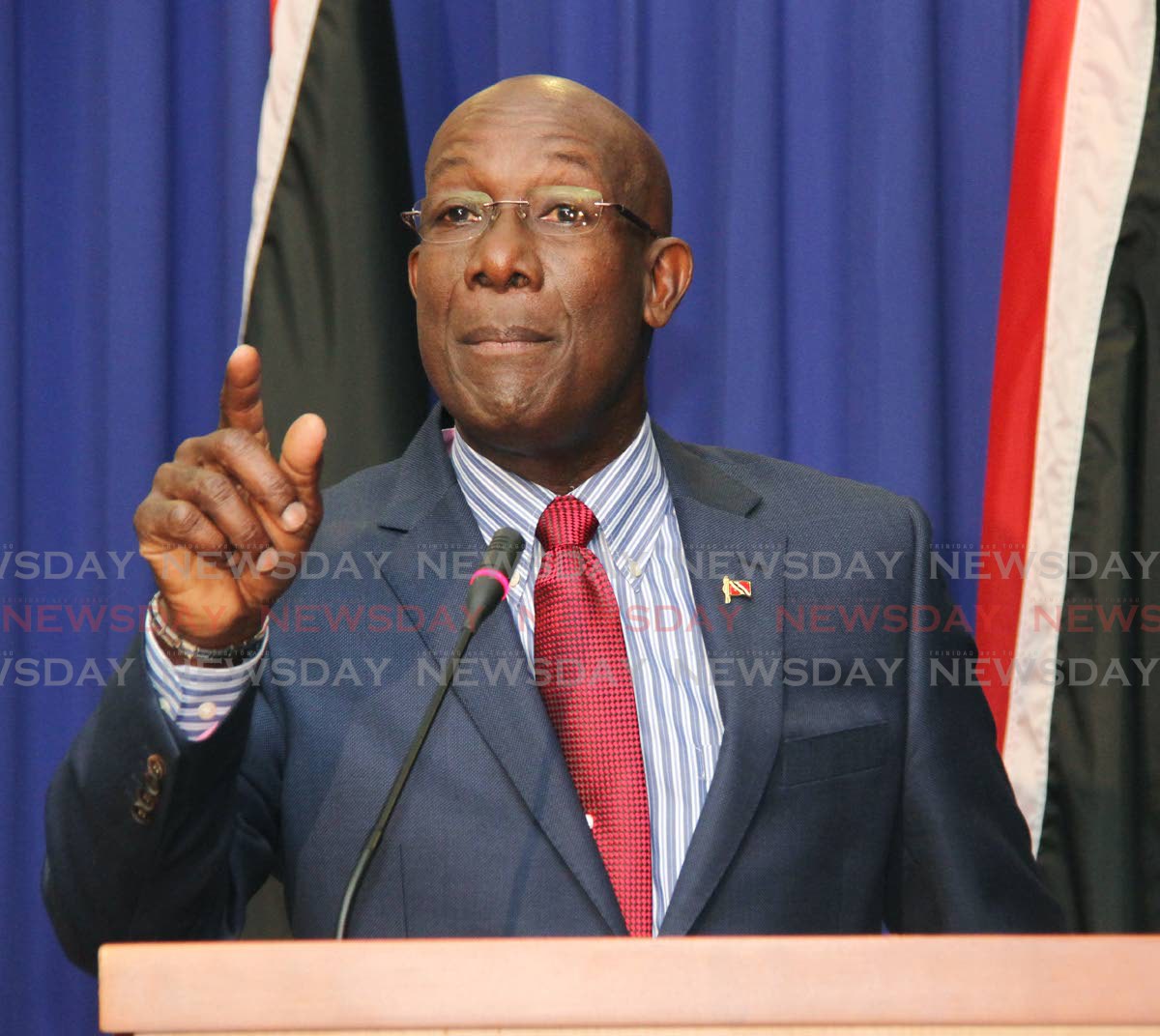
 newsday.co.tt
newsday.co.tt
SEAN DOUGLAS
YESTERDAY
THE Prime Minister on Friday told the Opposition to "cease and desist" its verbal attacks on the TT Coast Guard (TTCG) for last Saturday's tragic shooting death of a one year old Venezuelan in a boat full of illegal migrants but to instead be more concerned about the fate of women being illegally trafficked into Trinidad for prostitution.
The TTCG has claimed the migrant boat had tried to ram a craft with coast guardsmen who fired in self-defence inadvertently killing Ya Elvis Santoyo and wounding his mother Darielvis Santoyo who is now recovering in hospital in Trinidad.
In the House of Representatives Naparima MP Rodney Charles asked about any diplomatic efforts to contain foreign fallout from the tragedy.
Dr Rowley said TT and Venezuela had shared details, the TTCG and Venezuelan Guardia Nacional will meet in Venezuela next week, the police and TTCG were investigating and he had spoken to Venezuelan vice president Delcy Rodriguez. Charles asked if US lobbyists were helping curb the fallout?
Rowley hit, "The hysteria around this matter, being driven by our colleagues and others...(He gesticulated towards the Opposition.). (It) is no different to what happens in the Mediterranean, to what happens in the Gulf of Mexico and the coast of Florida, between Bahamas and Haiti and Cuba and the United States.
"Why are our people trying to out a rope around the neck of the people of Trinidad and Tobago, in a matter which is purely accidental, which is minuscule as compared to what's happening worldwide?" Gesticulating angrily, he stormed, "The main fallout from this is the Leader of the Opposition accusing the Coast Guard of murder."
Charles asked if TT should have had a stated policy on the authorities' treatment of migrants?
Rowley said such guidelines exist, but then quoted a recent article on sex-trafficking in Venezuela by an independent Latin American publication named Insight Crime.
He said, "It says, with respect to the very people he (Charles) is claiming to want to defend, 'Some stay in the south while others head to the north and central region, many to the borough of Chaguanas where the demand for prostitutes thrives.'"
Unlike a decline in human-trafficking in Jamaica and Antigua and Barbuda, the PM said in TT it was growing.
He quoted the report, "Demand for sex and prostitution in TT is being driven by a high rate of local consumption, especially in the borough of Chaguanas."
The PM urged the Opposition, "If you want to fight this matter (illegal migration), let us begin by fighting this (prostitution in TT)."
Charles pressed for a stated policy.
Rowley replied, "It is precisely because we have a comprehensive policy and physical responses against the background of that policy, why we have an effective border patrol through our Coast Guard interacting with the problem for which the perils sometimes involve people being drowned, people being lost, people being hurt, and people being shot.
"So I don't know what policy he's asking for, but I'm asking for a policy to reduce your appetite for the corruption that is in this document."

Rowley: Trinidad and Tobago’s demand for prostitutes fuelling illegal migration - Trinidad and Tobago Newsday
THE Prime Minister on Friday told the Opposition to "cease and desist" its verbal attacks on the TT Coast Guard (TTCG) for last Saturday's tragic shooting death of a one year old Venezuelan in a boat full of illegal migrants but to instead be more concerned about the fate of women being...
Rowley: Trinidad and Tobago's demand for prostitutes fuelling illegal migration
SEAN DOUGLAS
YESTERDAY
THE Prime Minister on Friday told the Opposition to "cease and desist" its verbal attacks on the TT Coast Guard (TTCG) for last Saturday's tragic shooting death of a one year old Venezuelan in a boat full of illegal migrants but to instead be more concerned about the fate of women being illegally trafficked into Trinidad for prostitution.
The TTCG has claimed the migrant boat had tried to ram a craft with coast guardsmen who fired in self-defence inadvertently killing Ya Elvis Santoyo and wounding his mother Darielvis Santoyo who is now recovering in hospital in Trinidad.
In the House of Representatives Naparima MP Rodney Charles asked about any diplomatic efforts to contain foreign fallout from the tragedy.
Dr Rowley said TT and Venezuela had shared details, the TTCG and Venezuelan Guardia Nacional will meet in Venezuela next week, the police and TTCG were investigating and he had spoken to Venezuelan vice president Delcy Rodriguez. Charles asked if US lobbyists were helping curb the fallout?
Rowley hit, "The hysteria around this matter, being driven by our colleagues and others...(He gesticulated towards the Opposition.). (It) is no different to what happens in the Mediterranean, to what happens in the Gulf of Mexico and the coast of Florida, between Bahamas and Haiti and Cuba and the United States.
"Why are our people trying to out a rope around the neck of the people of Trinidad and Tobago, in a matter which is purely accidental, which is minuscule as compared to what's happening worldwide?" Gesticulating angrily, he stormed, "The main fallout from this is the Leader of the Opposition accusing the Coast Guard of murder."
Charles asked if TT should have had a stated policy on the authorities' treatment of migrants?
Rowley said such guidelines exist, but then quoted a recent article on sex-trafficking in Venezuela by an independent Latin American publication named Insight Crime.
He said, "It says, with respect to the very people he (Charles) is claiming to want to defend, 'Some stay in the south while others head to the north and central region, many to the borough of Chaguanas where the demand for prostitutes thrives.'"
Unlike a decline in human-trafficking in Jamaica and Antigua and Barbuda, the PM said in TT it was growing.
He quoted the report, "Demand for sex and prostitution in TT is being driven by a high rate of local consumption, especially in the borough of Chaguanas."
The PM urged the Opposition, "If you want to fight this matter (illegal migration), let us begin by fighting this (prostitution in TT)."
Charles pressed for a stated policy.
Rowley replied, "It is precisely because we have a comprehensive policy and physical responses against the background of that policy, why we have an effective border patrol through our Coast Guard interacting with the problem for which the perils sometimes involve people being drowned, people being lost, people being hurt, and people being shot.
"So I don't know what policy he's asking for, but I'm asking for a policy to reduce your appetite for the corruption that is in this document."









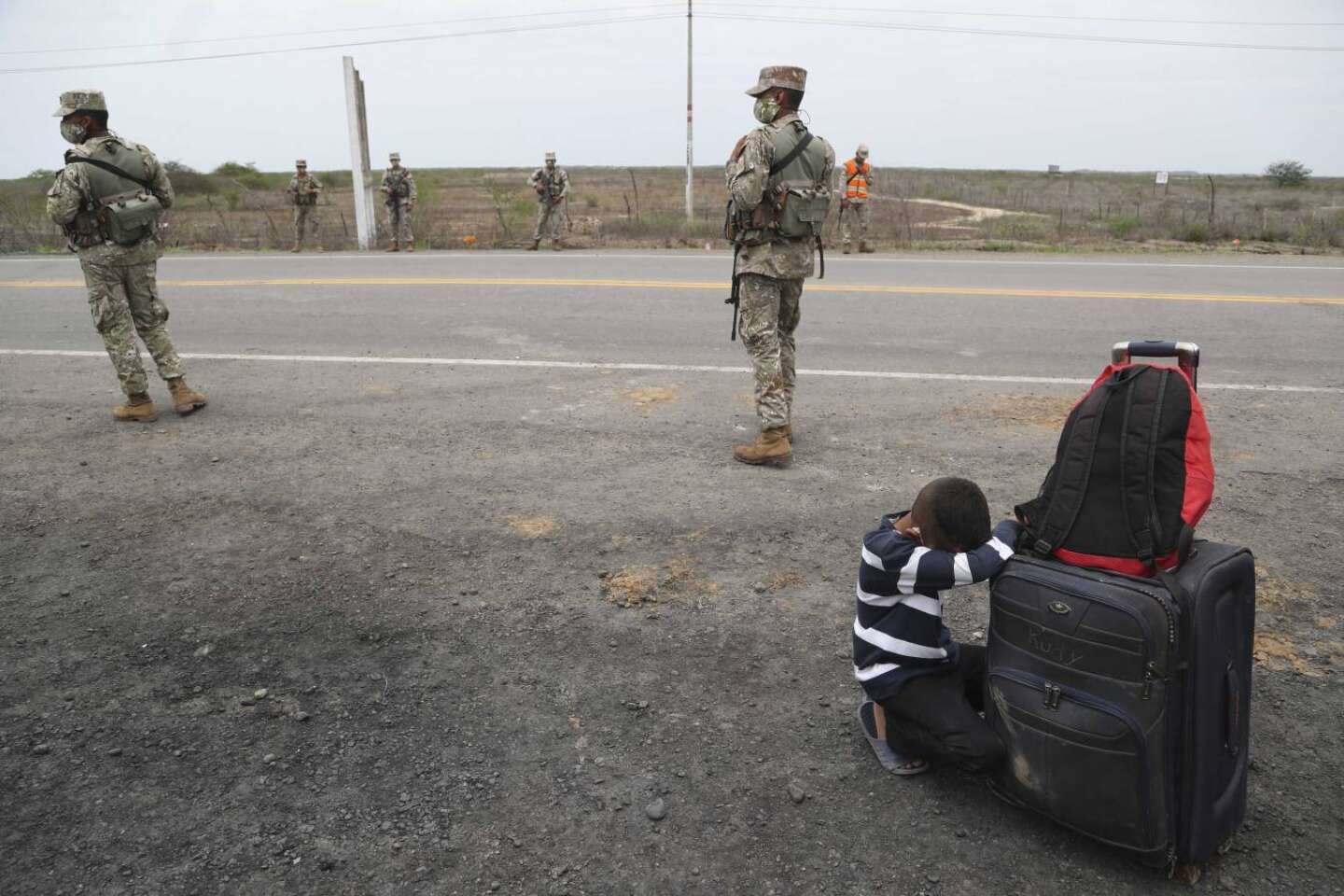

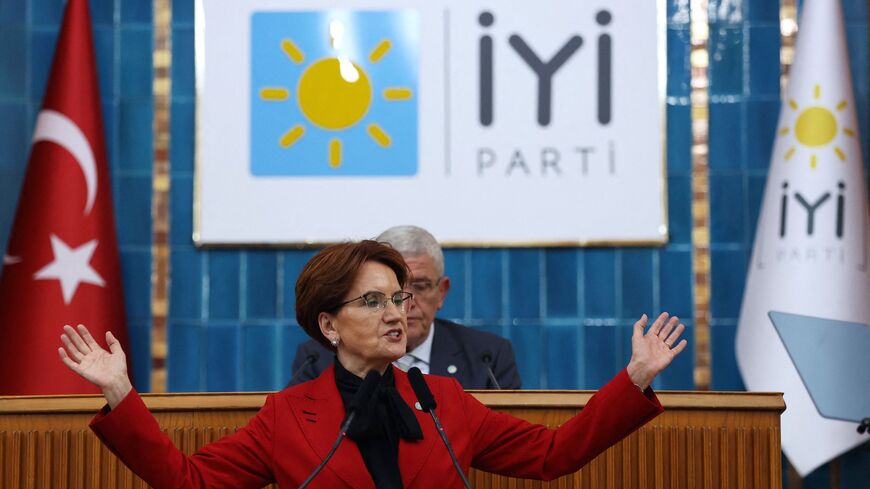
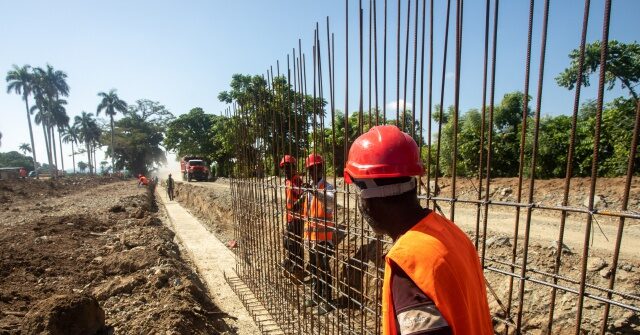
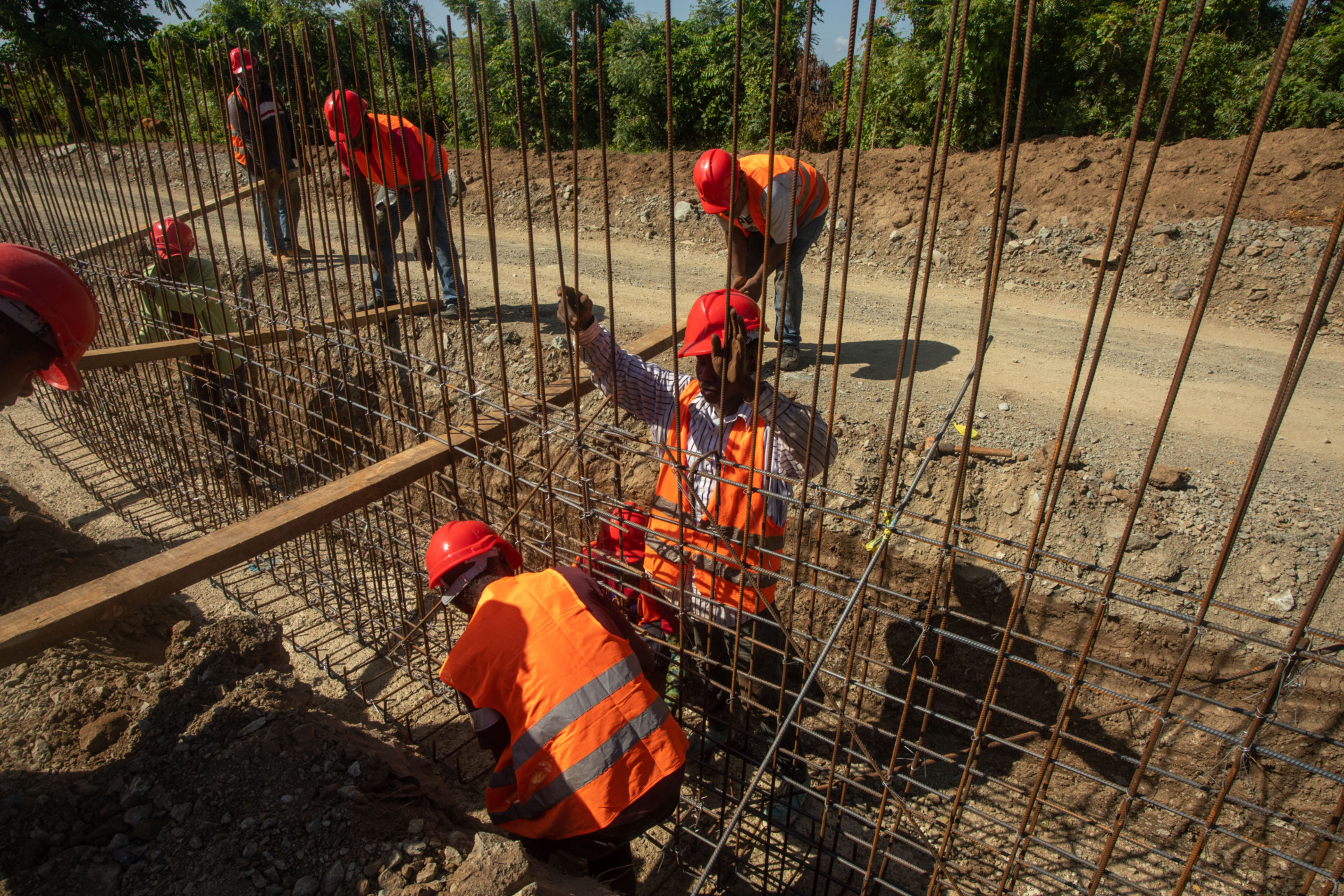
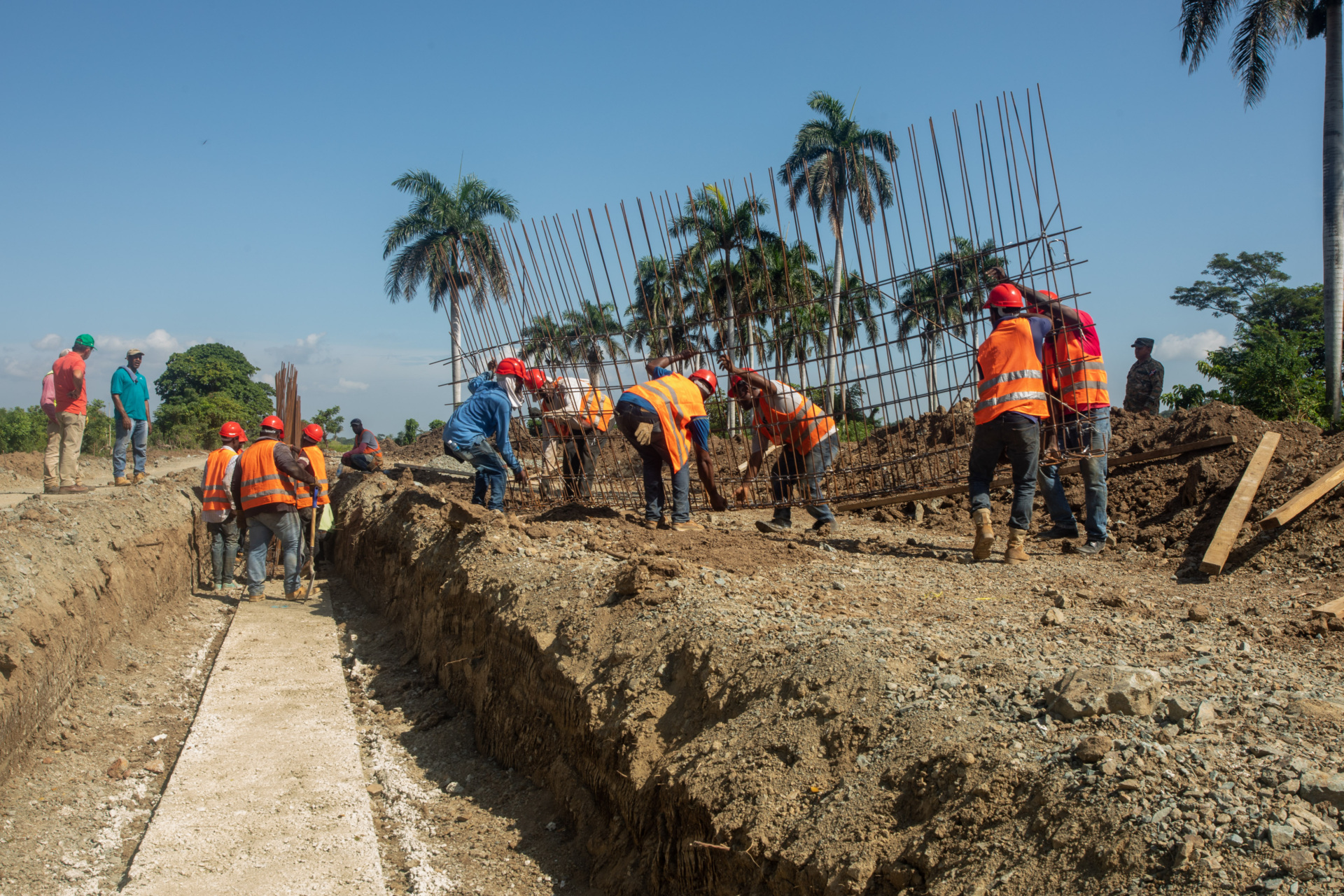
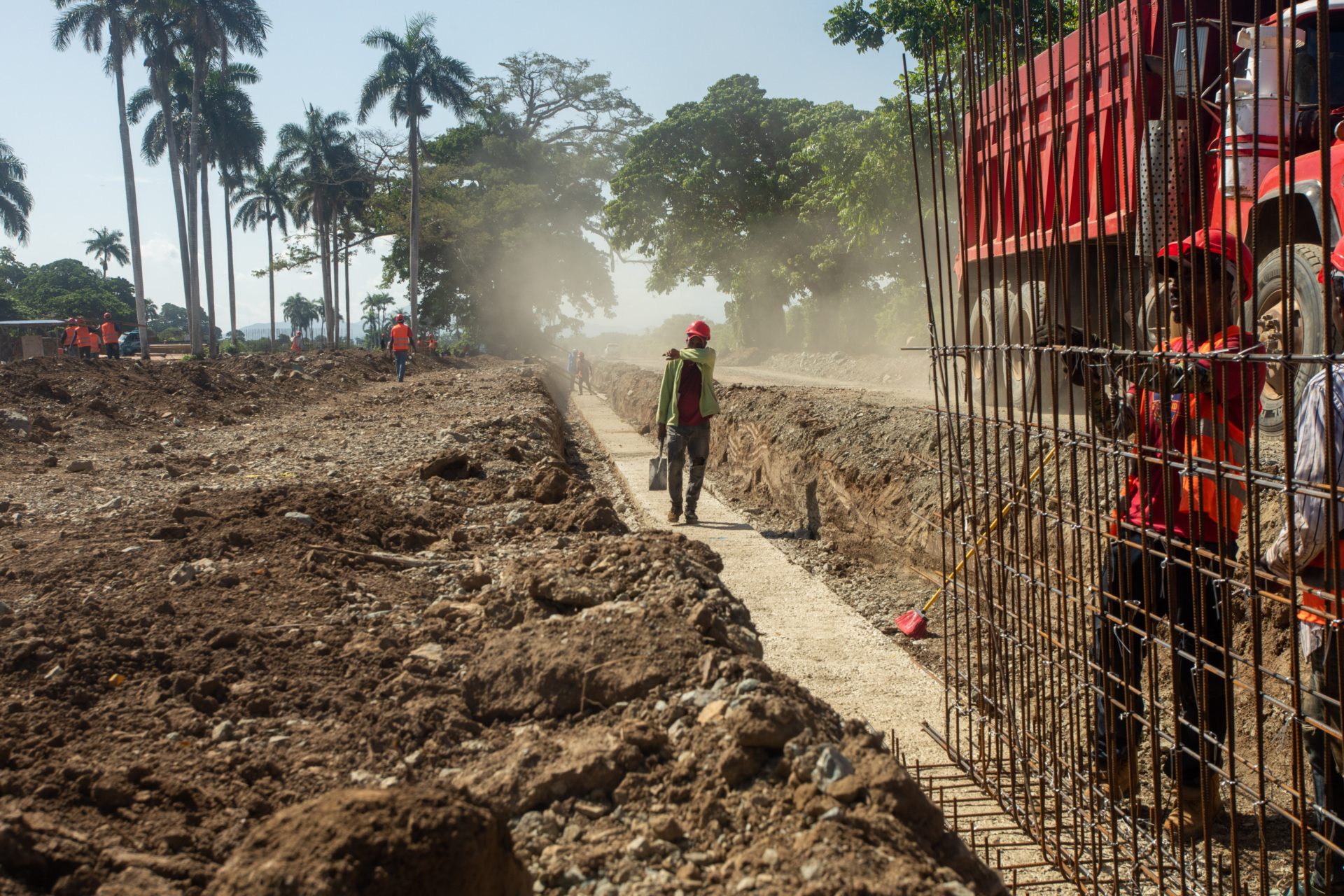
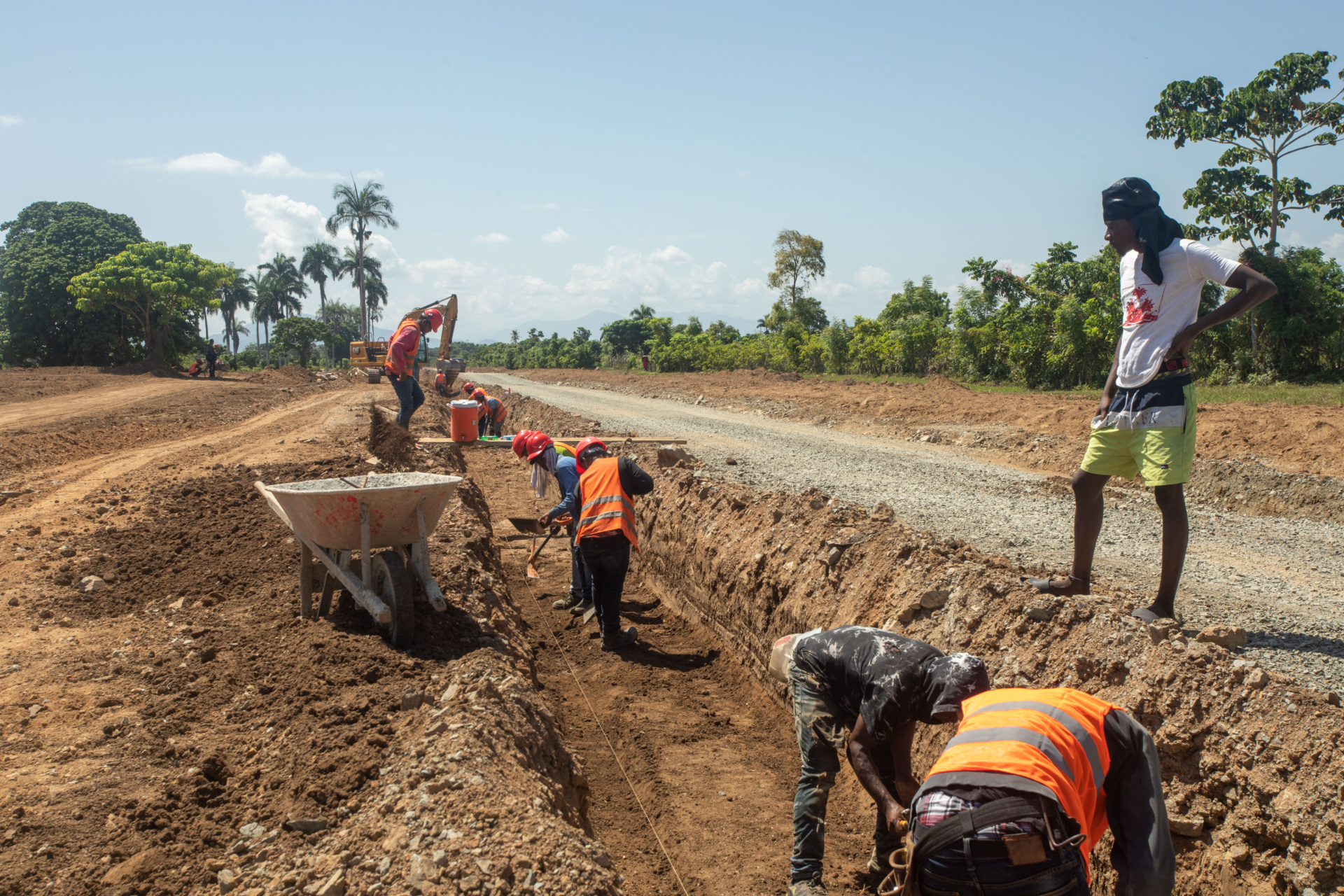
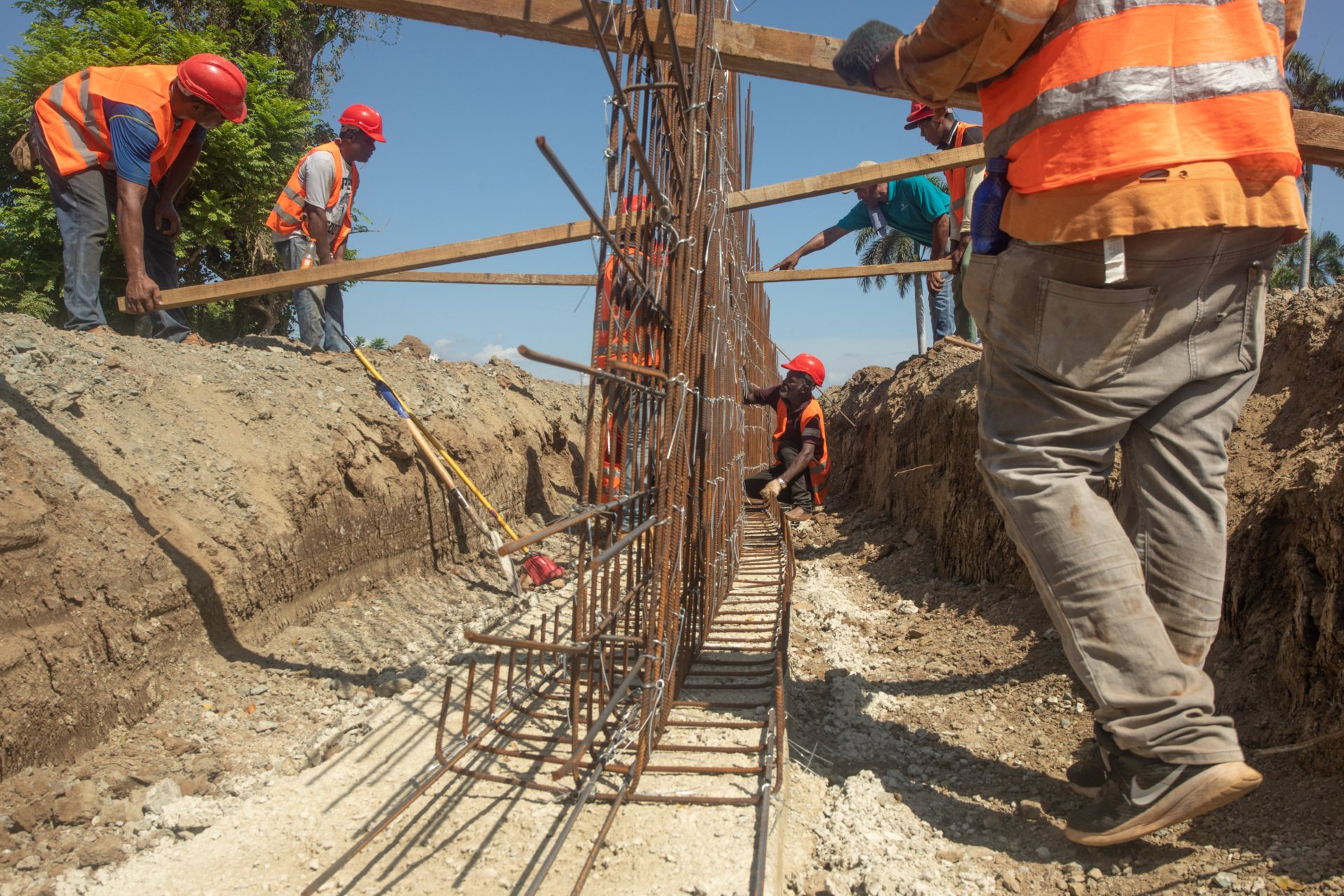
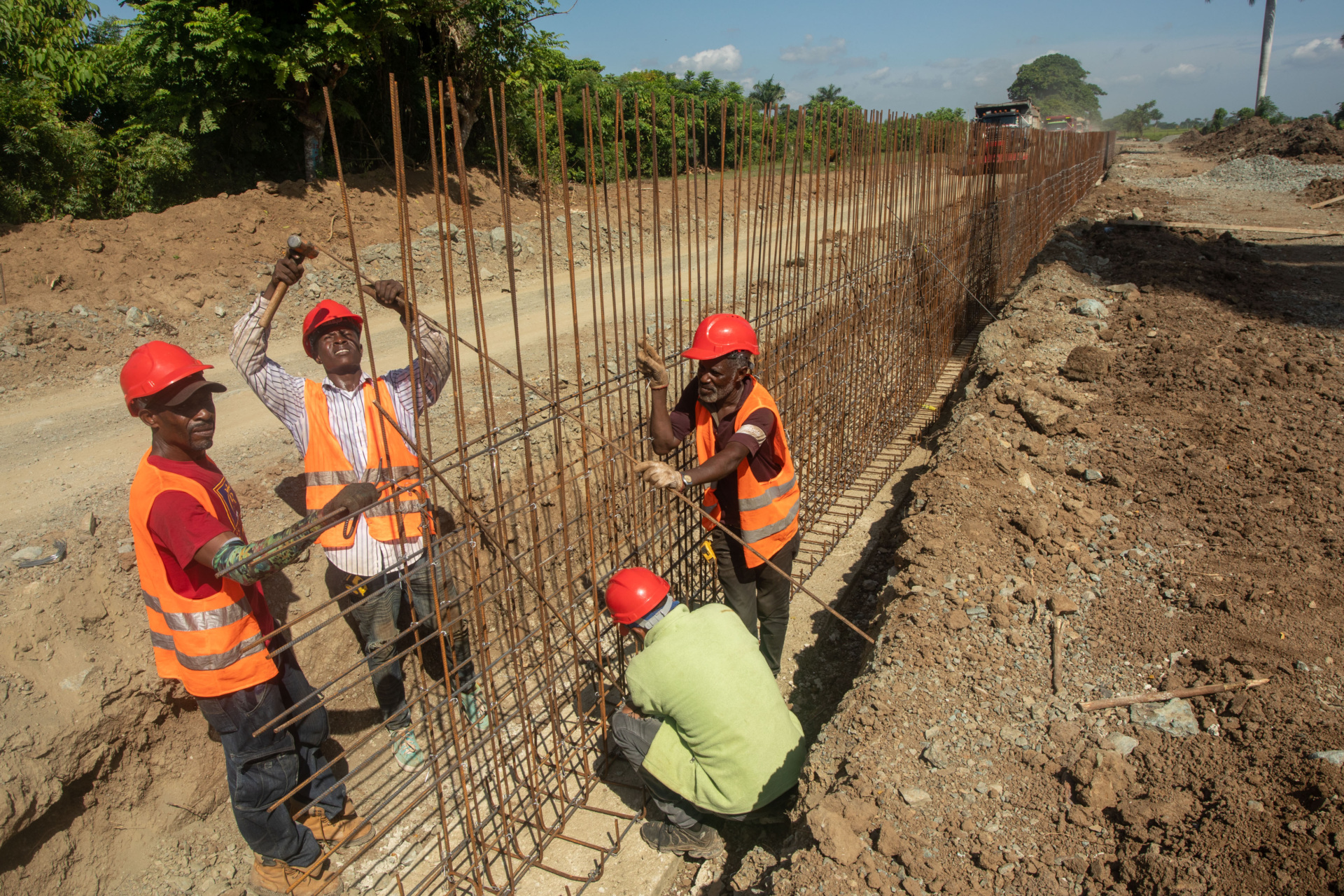

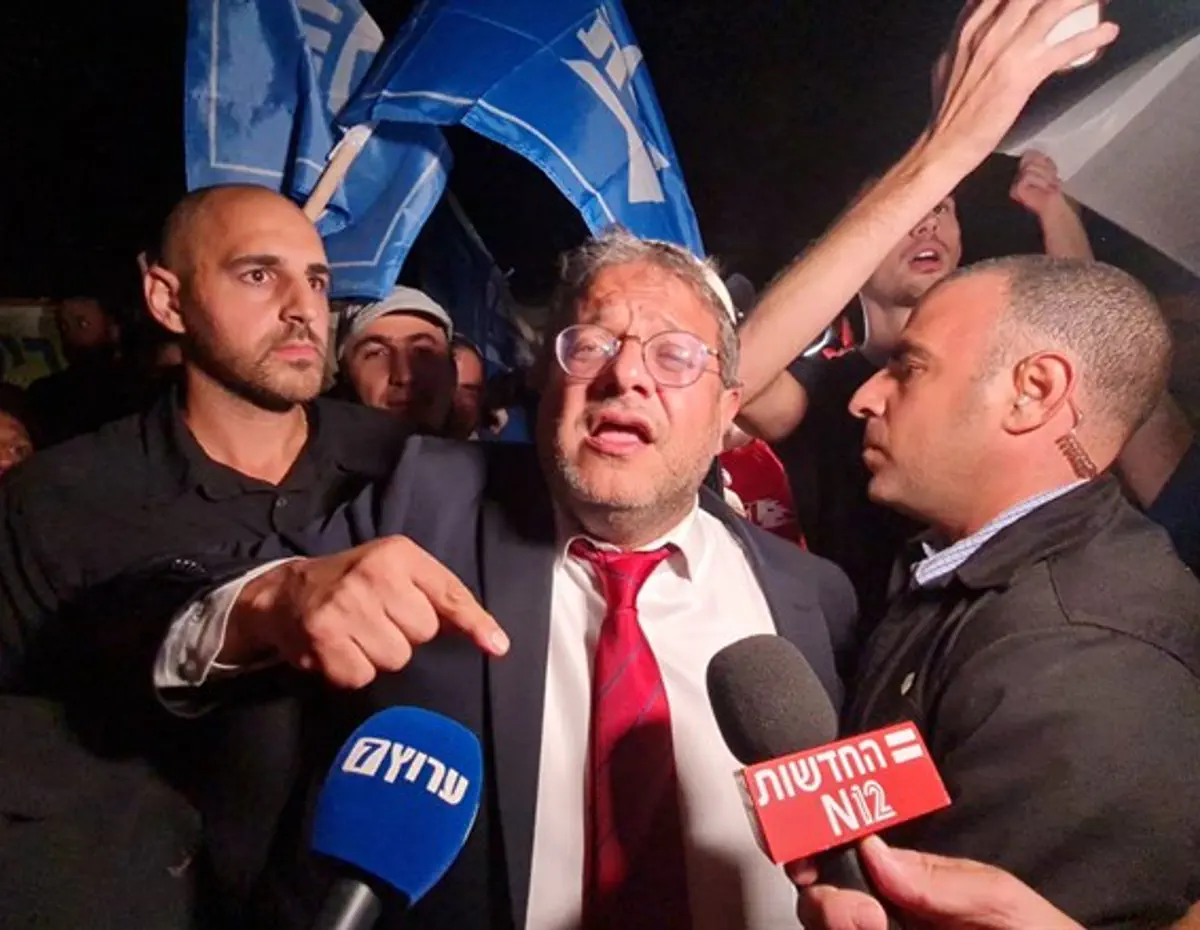
/cloudfront-us-east-2.images.arcpublishing.com/reuters/VHQYVP42IZNOHI4V4MJ2HOCAP4.jpg)
